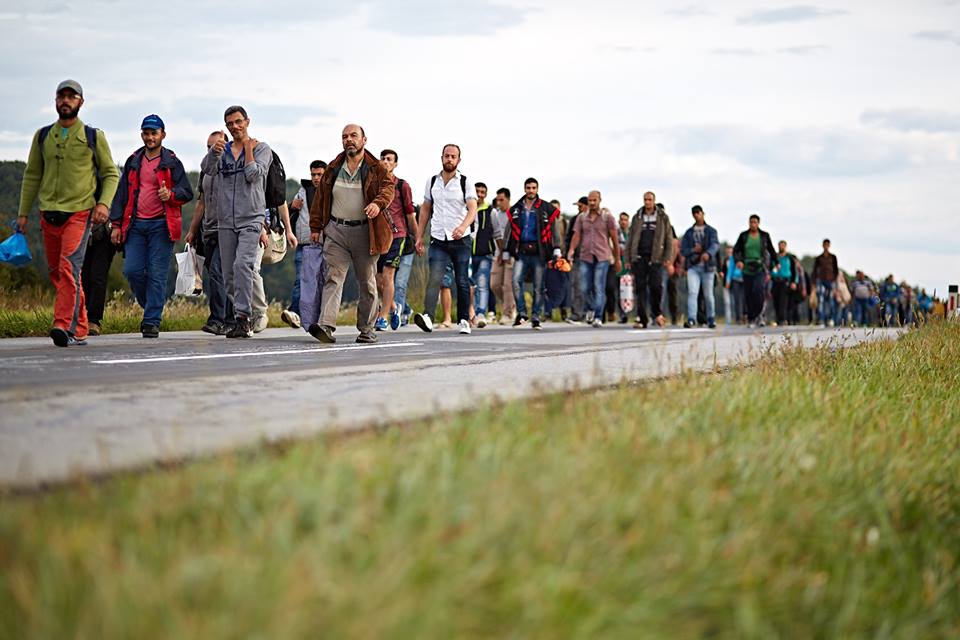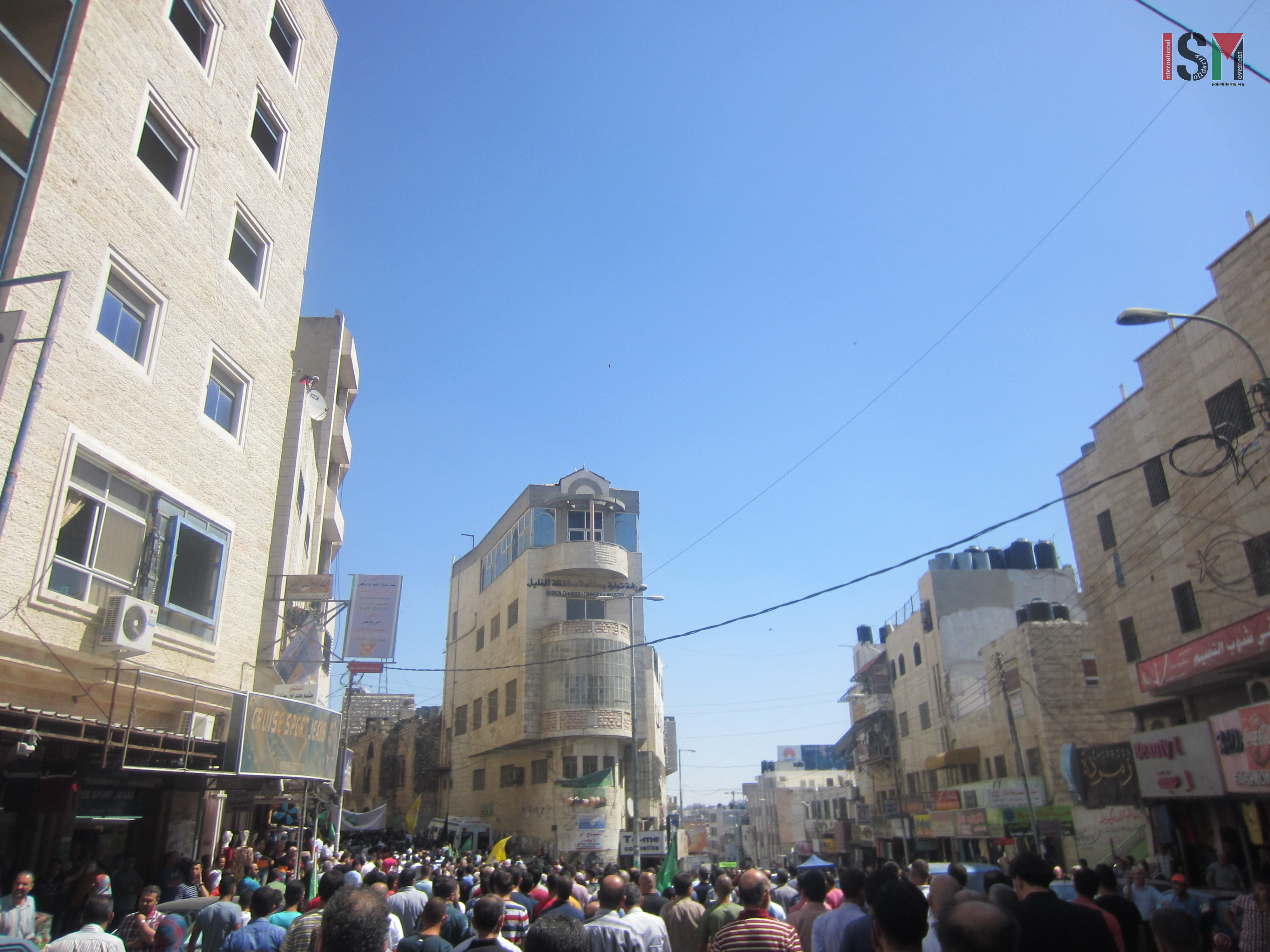-
Once again, Israeli forces prevent Palestinians’ freedom of religion
25th September 2015 | International Solidarity Movement, Al-Khalil team | Hebron, occupied Palestine Today, Israeli forces stopped, searched and harassed Palestinians on their way to Ibrahimi mosque and in the vicinity on the second day of the Muslim holiday of Eid al-Adha for Friday prayers in Al-Khalil (Hebron). Crowds of worshippers were flocking to the […]
-
Call for European Open Borders Caravan
24th September 2015 | Open Borders Caravan | Europe Open Borders are calling on activists, collectives, affinity groups, migrant solidarity initiatives and citizens all over Europe to join the Open Borders Caravan, starting in Ljubljana on the 26th of September at 10 am, and going to the border at which migrants will be struggling for […]
-
Hadil Salah Hashlamoun honoured by thousands in Al-Khalil
23rd September 2015 | International Solidarity Movement, Al-Khalil team | Hebron, occupied Palestine Today, 23rd September 2015, thousands of mourners gathered for the funeral of murdered teenager Hadil Salah Hashlamoun. The teenager was brutally gunned down in cold blood by an Israeli soldier at a military check point. Tensions were high as Hadil’s body was […]
Action Alert An Nabi Saleh Apartheid Wall Arrests BDS Bethlehem Bil'in Cast Lead Demonstration Denial of Entry Ethnic Cleansing Farmers Gaza Global Actions Hebron House Demolition International law Israeli Army Jerusalem Live Ammunition Nablus Ni'lin Prisoner Ramallah Rubber-coated steel bullets Settlement Settlers Settler violence Tear-Gas Canister Video



